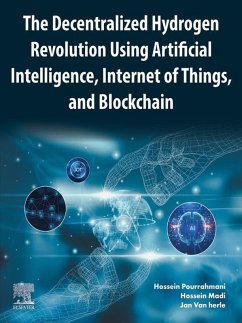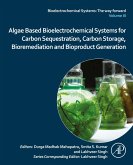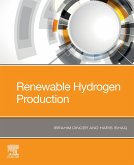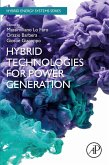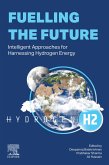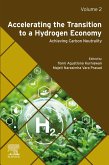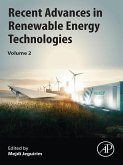The Decentralized Hydrogen Revolution Using Artificial Intelligence, Internet of Things, and Blockchain provides an essential guide to understanding the transformative potential of advanced technologies in decentralized hydrogen communities. This comprehensive resource covers the intersection of AI, IoT, and blockchain with sustainable energy, offering insights from foundational principles to advanced applications. Readers will learn about the environmental benefits of hydrogen over fossil fuels, electrolysis, and the integration of innovative technologies to enhance hydrogen production and distribution. The book delves into the role of fuel cells in clean energy, advanced AI algorithms in hydrogen production, blockchain trust in hydrogen networks, and IoT connectivity.Economic considerations, policy frameworks, and the future of decentralized hydrogen communities are also explored, making this an invaluable reference for researchers, industry professionals, policymakers, and students interested in the hydrogen economy. - Examines the intricate interplay between artificial intelligence, internet of things, and blockchain technologies and how their integration optimizes decentralized hydrogen production and distribution systems - Presents insights into cutting-edge advancements in electrolyzers and fuel cells and how AI algorithms enhance the efficiency and reliability of these critical components in decentralized hydrogen networks - Covers strategic perspectives on the economic viability and policy frameworks essential for supporting decentralized hydrogen initiatives, providing a roadmap for policymakers, industry leaders, and researchers - Discusses the role of IoT in providing real-time monitoring and control of hydrogen systems and explores how blockchain technology ensures trust, transparency, and security in hydrogen transactions and networks
Dieser Download kann aus rechtlichen Gründen nur mit Rechnungsadresse in A, B, BG, CY, CZ, D, DK, EW, E, FIN, F, GR, HR, H, IRL, I, LT, L, LR, M, NL, PL, P, R, S, SLO, SK ausgeliefert werden.

